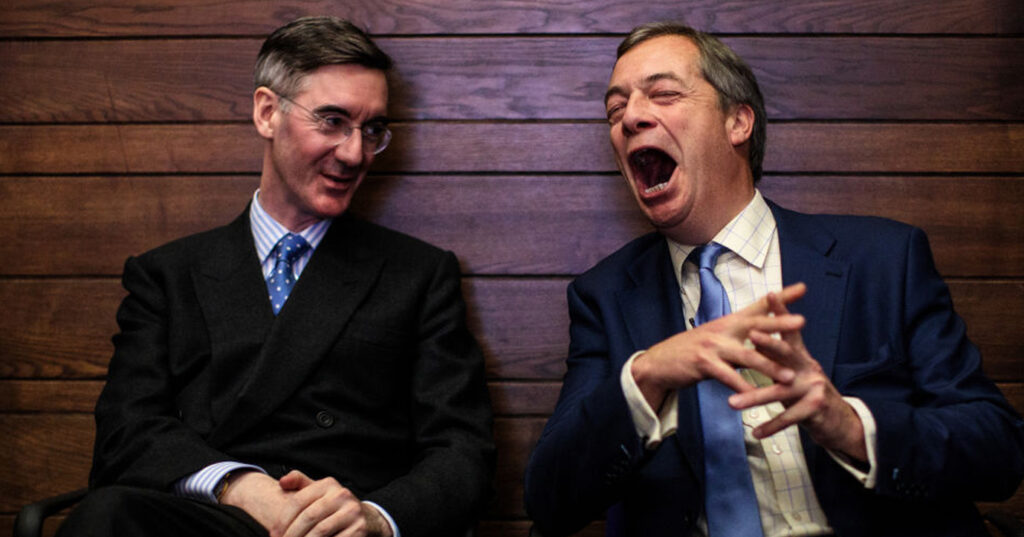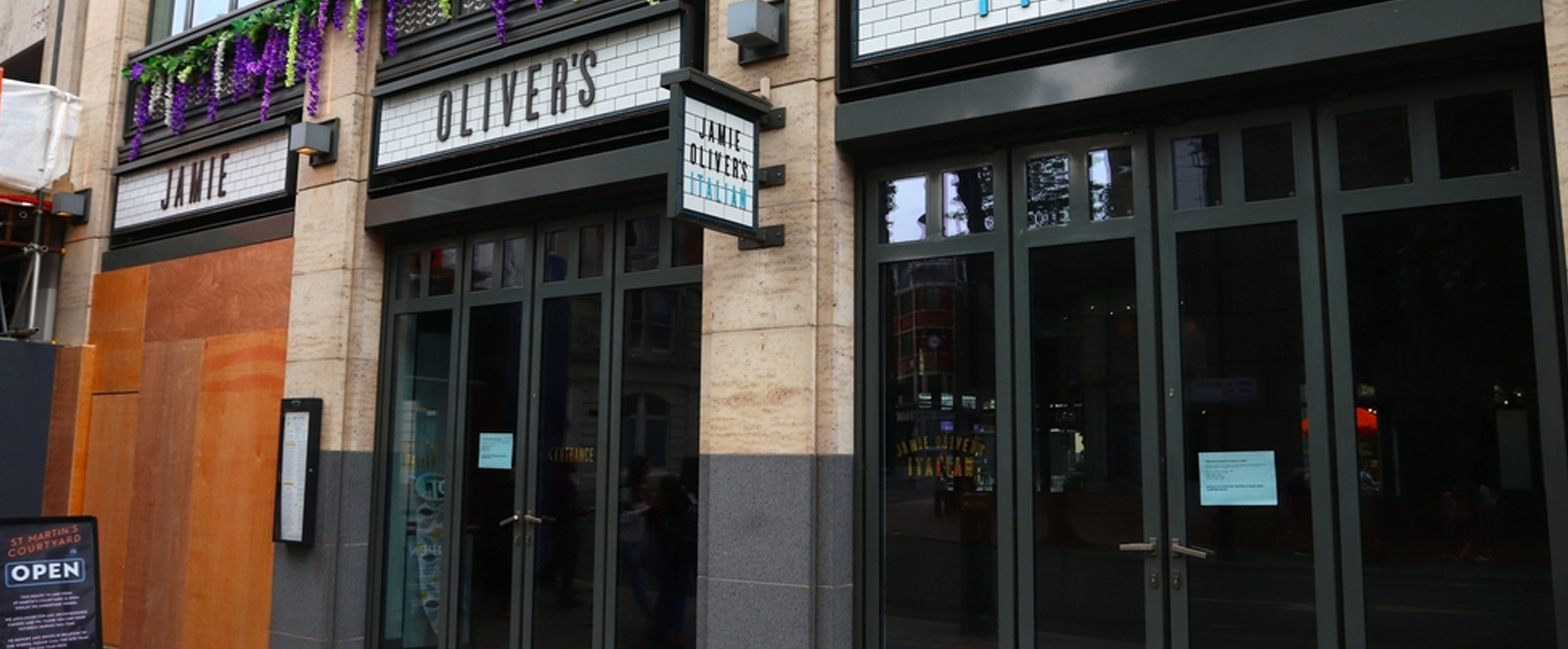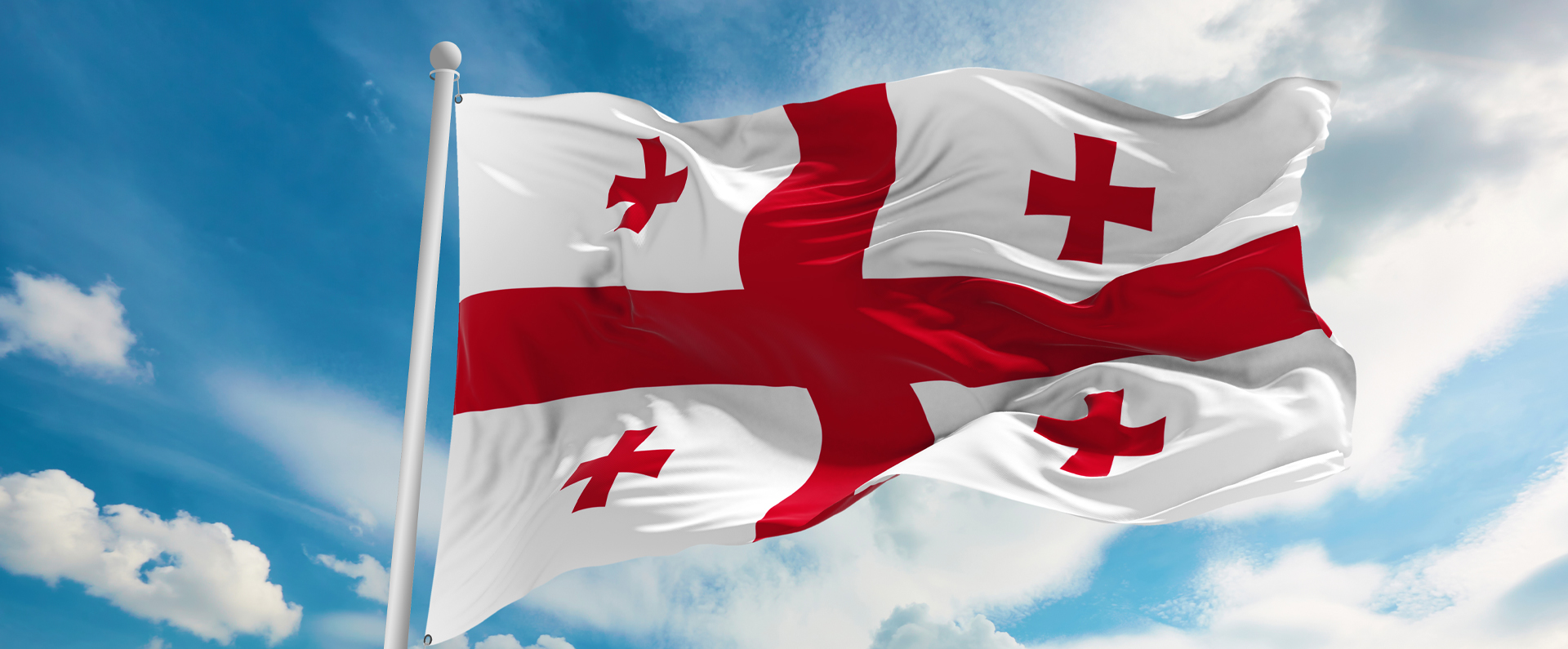
First published in the Mail on Sunday on 15 September 2019.
On March 26, 1981, an 11-year-old schoolboy stood up to address the annual general meeting in London of Lonrho, one of the largest conglomerates in the world.
Was it really sensible, the precocious interrogator asked from the floor, for Lonrho to make a bid to buy the failing Observer newspaper?
And, if the purchase went ahead, what plans were there for making it profitable?
As Lonrho’s chairman, it fell to Lord Duncan-Sandys, a former Conservative Minister, to answer the child.
This was a shareholders’ meeting, after all, and the boy’s question had to be treated as respectfully as anybody else’s – even if he was accompanied by his nanny.
Duncan-Sandys confirmed that there were indeed plans in hand, but in view of an ongoing inquiry, he was unable to reveal them.
If the chairman had been in any doubt as to the identity of the youth who put him on the spot, he was soon made aware of it: Jacob Rees-Mogg.
It was the first of many occasions on which this now-familiar name would appear in the newspapers, with several national titles reporting the incident the following day, along with the fact that the young entrepreneur owned 340 shares in the firm.
A few months later, Rees-Mogg, by now 12, was in the spotlight again, this time at the annual general meeting of the General Electric Company (GEC).
‘What is the point of having such a pathetic dividend,’ asked the young Jacob, ‘when you have made a profit of £476 million and have total reserves of £1,388 million?’
His actions, although extraordinary for one so young, were a foretaste of what was to come – a glimpse of his eventual character in embryonic form.
By the time he made his infamous speech at the GEC meeting, Rees-Mogg had already been fascinated by the idea of making money for more than half his young life.
Tim Williams, son of the Labour peer Lady Falkender and a contemporary at Rees-Mogg’s prep school, Westminster Under School, remembers: ‘Jacob used to sit behind me and read the Financial Times [aged eight]. I don’t remember him being interested in politics – I mostly remember him being interested in finance.’
Indeed, it was just before his first year at the school, aged seven, that the young Jacob was finally able to open his first bank account.
He had tried to do so at six but was not permitted to because of his tender years.
Later, following his Lonrho appearance, he was interviewed by the Evening Standard about his hobby of buying and selling stocks and shares.
It had begun, he said, a few years earlier when he had inherited some shares and £50 from a distant relative. (In fact, his father William Rees-Mogg, a former editor of The Times, is said to have made his first investments on his behalf.)
In December 1981, Jacob, by then 12, told the Daily Express’s Jean Rook: ‘I like playing with money. I love the stuff. I want more and more of it.’
Explaining what he did with his gains, he told her: ‘I keep it. I’ve always loved money as money, not for what it buys. Don’t ask me why, because I don’t know the answer to it.’
He also confided that he planned to be a millionaire at 20 and a multi-millionaire at 40. While the first of these aspirations was not met, the second most certainly was.
Rees-Mogg’s financial acumen had already been strongly in evidence that autumn. Having agreed to an interview with Radio 4’s Today programme about his financial aims, he had first – impressively – negotiated a fee for his appearance of £18. But eight weeks later there was no sign of the payment.
In November, he fired off a letter of complaint. ‘Dear Today programme,’ wrote the 12-year-old.
‘You are in a debt of £18 which was payable as from 13/9/81. I have no idea what your excuse is but I will not accept it. If it is not recived [sic] by the 10/11/81, which is nearly two months, I shall increase it to £36. If still not recived [sic] within ten days I shall take legal advice.
‘I hope it does not come to that for I have no desire to prosecute the BBC.’
Despite the BBC’s amusement, the fee was quickly sent to him.
Later, at Eton, the teenage Rees-Mogg’s interest in generating money was unabated. Contemporaries remember that he would regularly telephone his stockbroker at lunchtime.
In 1982, 12-year-old Rees-Mogg told an ITV documentary, Rowan’s Report, which featured talented children: ‘I get £1 a week, which is paid annually by my father at the beginning of the year, which means I can get the interest from a bank on the money he pays me for a year rather than getting it in dribs and drabs where the interest is less.’
Asked by presenter, Wingham Rowan, about his parents’ attitude to his fortune-building, he said, ‘They think it’s a jolly good idea for me to make my own money, and for me to make as much of it as I can.’
As Rees-Mogg’s close friend and business partner Dominic Johnson explains: ‘There is always this view that he comes from this ultra-rich, privileged background. Clearly, in relative terms, he’s privileged, but he’s not rich. His father was never rich. His father made money out of being a journalist.’
A final question before the credits rolled on the Rowan’s Report interview could prove to have elicited the most telling answer of all.
Asked about his ambitions, the schoolboy answered: ‘Well, I’m going to continue buying and selling shares. And I’d like to be Prime Minister at the age of 70.’
When he left Oxford with a 2:1 in History in 1991, Rees-Mogg was open with friends about his desire to go into politics, but he was equally candid about wanting to make plenty of money first.
As a first step towards his goal, he joined J. Rothschild Investment Management in London as an analyst.
Based in offices in St James’s Place, near Green Park, this was unquestionably a plum post for a man aged 22 whose only obvious qualification was a youthful interest in playing on the stock market with his pocket money.
What undoubtedly helped his chances was the fact that his father was a long-standing friend of the firm’s founder, Lord Rothschild.
That William Rees-Mogg had himself been on the board of the company since 1987 cannot have done any harm to his son’s prospects either.
But the younger Rees-Mogg worked at J. Rothschild for barely two years before moving to Lloyd George Management in Hong Kong.
William’s influence was again evident in helping his son to secure this post, in that it was his personal relationship with the firm’s founder, Robert Lloyd George, which undoubtedly smoothed the path.
Jacob, who had no professional qualifications, did not have to make a formal application or undergo an interview process.
More than 25 years later, some people with knowledge of the appointment insist that Lloyd George took Jacob on only as a favour to William.
In the summer of 1996, Rees-Mogg returned to work in the company’s London office.
Still only in his mid-20s, he lived first in a flat in Pall Mall and then in a set of rooms at Albany, a Georgian building in Piccadilly regarded as one of London’s most exclusive addresses.
Later, he moved with his younger sister Annunziata into a Grade II listed four-bedroom house in Park Street, Mayfair, which he subsequently bought in 2004 for £757,000 with a mortgage from Coutts, the private bank.
On moving in, one of his first acts was to ask the telephone company to change the last four digits of his landline number to ‘1649’ to commemorate the year in which Charles I was executed.
If brother and sister were not entertaining friends at home, Rees-Mogg would often meet friends in nearby Claridge’s hotel.



